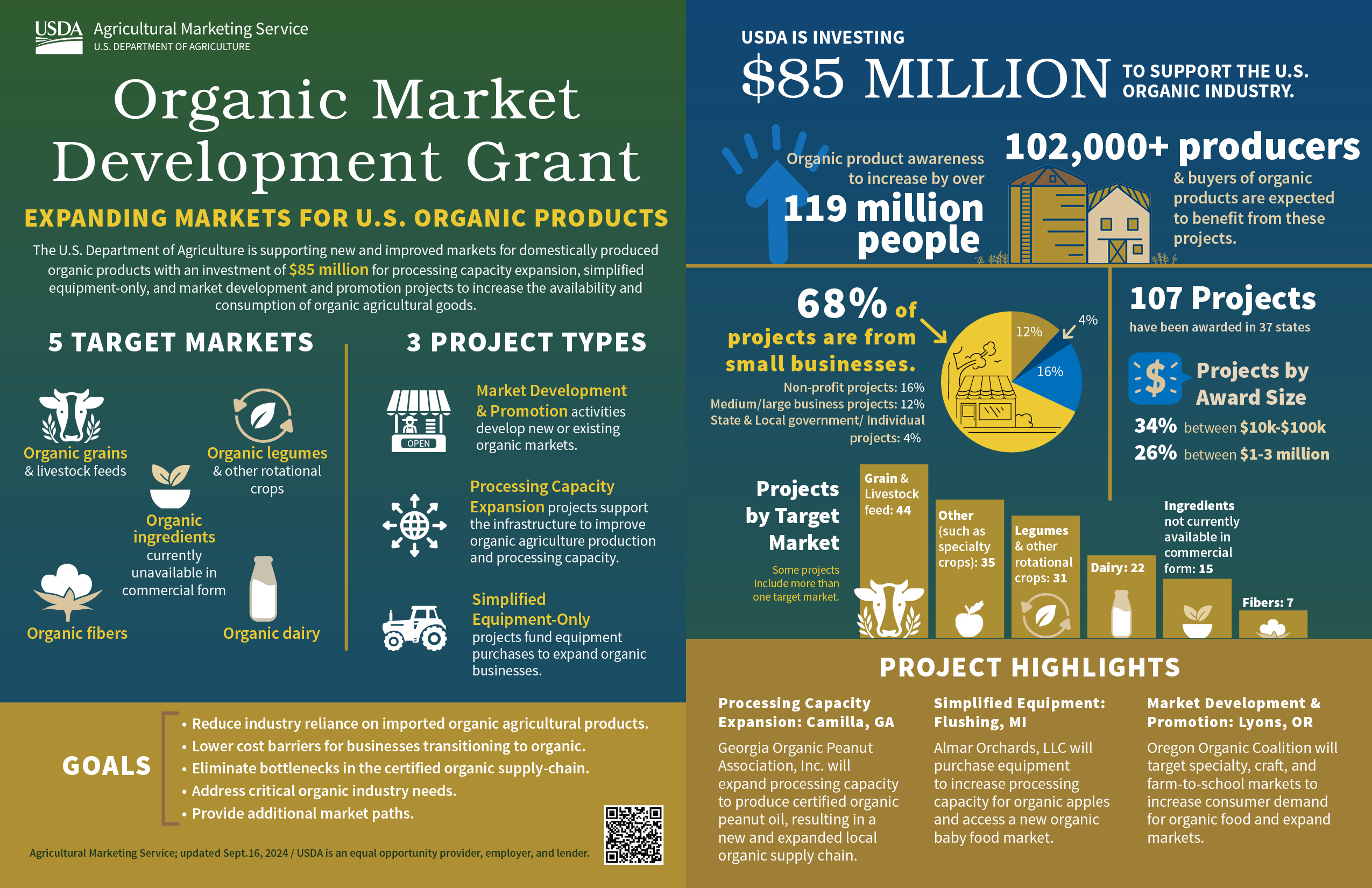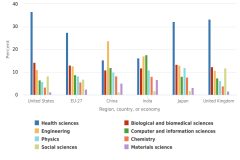Funding Freeze Devastates Research Careers
In a shocking turn of events, the future of scientific research in the United States hangs by a thread as federal funding faces devastating cuts. University of Maryland professor Anne Simon recently informed her assistant research scientist Xiaobao Ying that his position would not be extended beyond July due to frozen funding from the U.S. Department of Agriculture. This heartbreaking news is emblematic of a broader crisis, as the Biden administration proposes slashing research funding for key agencies by over 40% in the next fiscal year.
Impacts on Academic Science and Food Systems
According to recent data from the National Science Foundation, if Congress approves the proposed cuts, the number of early-career researchers supported could plummet by a staggering 78%, dropping from 95,700 to just 21,400 by 2026. This looming crisis threatens not just individual careers but the very backbone of American scientific innovation and food security. With nearly 41% of Ph.D. students and 58% of postdocs in the U.S. being temporary visa holders, the chilling effect of funding cuts could prompt a mass exodus of talent, as international researchers seek more stable environments abroad.

University of Maryland Baltimore County earns coveted R1 ...
Rising Anxiety Among Scientists
As reported by Science, anxiety is palpable among academics. Many junior faculty members fear their positions could be decimated if they cannot secure external funding, leading to potential job loss or diminished opportunities for advancement. Barbara Landau, a cognitive science professor at Johns Hopkins University, expressed concern that these funding cuts could reverse recent gains in gender and racial diversity within academia, compounding the systemic inequities that already plague the field.
Corporate Landscape Uncertain
Industry representatives report a surge in applications from Ph.D. holders, with companies like Regeneron noting a 20% increase. However, the industry may not be able to absorb the influx of newly jobless scientists. The precarious nature of federal funding has left many researchers questioning their future career paths. Emilya Ventriglia, a neuroscience Ph.D. student at Brown University, remarked that the pressure to leave the country or abandon their research aspirations has intensified. The implications for America’s research landscape are dire, as the potential loss of skilled scientists threatens to erode the country’s global competitiveness in science and technology.

Usda Greenhouse Grant 2024 Eligibility For Individuals | wisepoint
Universities Under Pressure to Adjust
As universities grapple with shrinking budgets, the possibility of adjusting tenure expectations looms large. Many faculty members are calling for changes similar to those implemented during the COVID-19 pandemic to alleviate some of the pressure on junior faculty. The looming specter of a downward adjustment in salary based on funding inadequacies raises alarm bells at institutions like Duke University, where even tenured faculty are now facing unprecedented job insecurity. This strategy of undermining the tenure system through financial pressure could drive out experienced educators and researchers, further destabilizing an already fragile academic environment.
The Future of Food Security and Research
The implications of these funding cuts extend beyond academia into the realm of food security. The Emergency Citrus Disease Research & Extension program, which received over $25 million in funding from the USDA, stands as a critical response to threats like citrus greening, an economically devastating disease affecting crops. However, with billions in federal grants on hold, the agricultural sector faces an uncertain future, impacting not just farmers but consumers across the nation. As food prices continue to rise, the intersection of agricultural research and climate justice becomes increasingly urgent.
The stakes have never been higher. The current trajectory of funding cuts not only jeopardizes the careers of thousands of researchers but also threatens the integrity of America’s food systems and its standing as a leader in scientific innovation. With a significant portion of the research workforce on the brink of collapse, the need for immediate action and advocacy for equitable funding has never been more critical.

Publications Output: U.S. Trends and International …


![[Video] France opens applications for 10-month national service for youth](/_next/image?url=%2Fapi%2Fimage%2Fthumbnails%2Fthumbnail-1768220506872-i17id8-thumbnail.jpg&w=3840&q=75)




![[Video] Gunfire between Iraqi security forces and Sadr militias in Baghdad](/_next/image?url=%2Fapi%2Fimage%2Fthumbnails%2Fthumbnail-1768343508874-4redb-thumbnail.jpg&w=3840&q=75)
